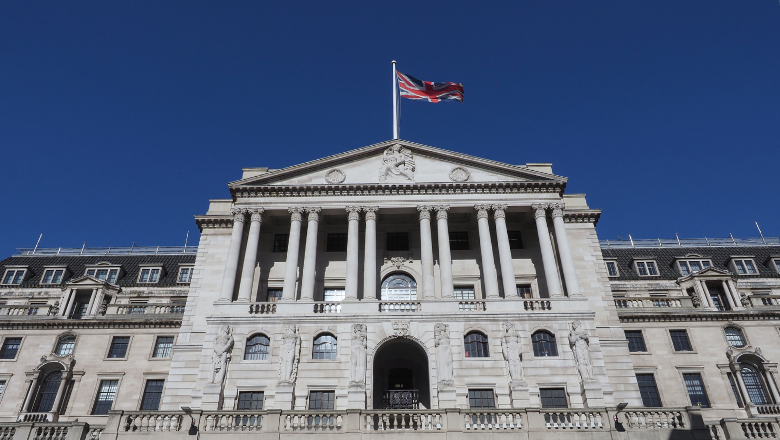The Bernanke Report is a landmark review of the Bank of England’s forecasting process. This book compiles reactions to the Report from a large number of prominent macroeconomists in the UK. We hope the Bank finds the advice it contains helpful as it contemplates how to take Bernanke’s recommendations forward.
Professor David Aikman
22 April 2024
Leading economists make recommendations to improve the UK's inflation forecasting
Experts comment on the recent Bernanke Review into the Bank of England’s forecast process, highlighting five themes and offering recommendations

On Friday 12 April 2024, Dr Ben Bernanke, Nobel Laureate and former Chair of the Federal Reserve Board, published his landmark review into “Forecasting for monetary policy making and communication at the Bank of England”. The Bernanke Review, as it has become known, was billed by Governor Andrew Bailey as a “once in a lifetime” opportunity to revise and update the UK's monetary policy framework, addressing the forecasting failures that led the Bank to underestimate the surge in inflationary pressure in the UK.
A new e-book edited by Professor David Aikman, Director of the Qatar Centre for Global Banking & Finance at King’s Business School, and Dr Richard Barwell, Head of Macro Research at BNP Paribas Asset Management, collects reactions to the Bernanke Review from leading figures in the UK macroeconomic community. The contributors to this book include both academics and economists working in financial markets and business; many are former MPC members or former Bank staff economists with experience in the forecast and model development process.
Five themes in this compendium
There are five themes that run through this compendium. First are the feelings of surprise and regret to learn of the “serious deficiencies” in the forecast infrastructure highlighted in the Bernanke Report. Second is the qualified support for Bernanke’s recommendation to place more emphasis on scenarios. Third, are the mixed feelings around the demise of the fan chart at the expense of scenarios. Fourth, is the broad support for the principle of a staff forecast, which several contributors argue can resolve inherent tensions in the current process. And fifth is the sense of regret expressed by some that the Bernanke Review did not make a formal recommendation concerning publishing MPC-preferred rate paths.
Bernanke’s suggestions will only be noticed by a tiny fraction of the British population who actually read the Bank’s publications. It is a pity that the benefits of what Dr Bernanke recommends will only be experienced by this tiny cult rather than the broader population that we need to win back.
Dr Sushil Wadhwani, CBE
The issues will be covered in more detail at the annual Bank of England Watchers' Conference, to be held in London in late November, where there will be a session dedicated to the Review and how to take forward Dr Bernanke’s recommendations.

